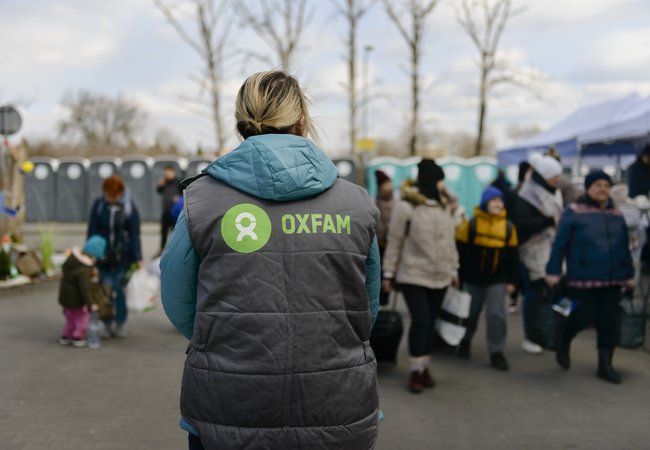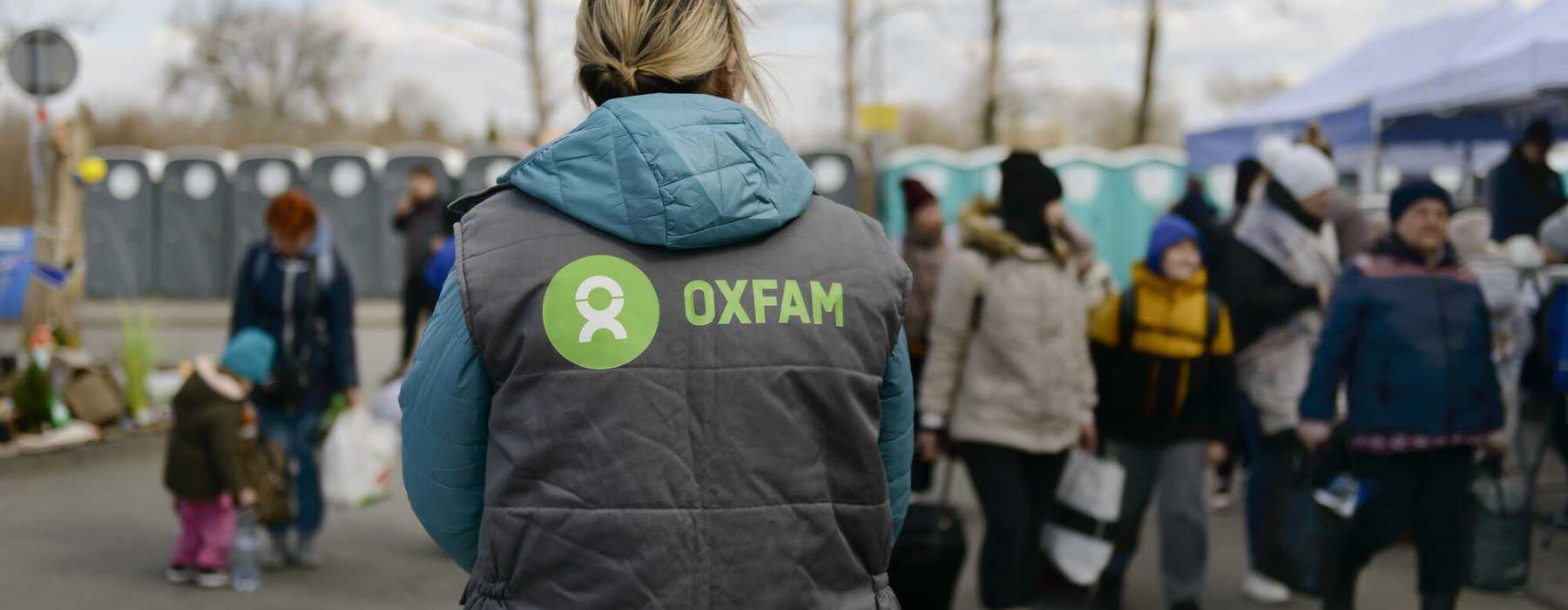Gay Alliance Ukraine: community strength and togetherness
Gay Alliance Ukraine was established in 2009, and we are involved in mobilising the LGBT community, strengthening the capacity of this community in advocacy, human rights and improving life in Ukraine.
What the LGBTQIA+ community face in Ukraine
Most of the problems are the same problems that are faced by the ordinary citizens of this country. It is vulnerability to aggression. It is the lack of certainty that you or your home will be protected. But in fact, they are also compounded by problems related to discrimination, homophobia. For example, in the last six months alone, in Kyiv we recorded about 50 attacks on members of the LGBT community by militarised groups.
What we do
We help with food, medicine and hygiene products. And it is really important for a person to have a basic set of things that help them survive.
But there is another part of our work. We help adapt to the new environment. We help people who have been forced to move to Kyiv from other cities not to feel like outcasts here, to find new friends and new support networks.
Meeting Oxfam
We met Oxfam at the end of May [2022], when their mission came to Odesa. It was a very unexpected encounter, because I was not previously aware of the activities of this organization.
We held several talks and found those areas where we could get help from them.
Psychological support
First of all it is the humanitarian sphere, but there is also an opportunity to work with the community on psychological support and legal support and also to hold events to facilitate adaption, networking.
In fact, there are many foundations that are providing assistance now, helping with direct humanitarian support, but this component of supporting events, enabling a space where people can meet and get psychological support, very few are currently providing this kind of support.
It should be noted that very often, when it comes to humanitarian support, most organisations work in tandem with the state, because the state can provide a list of social groups that need this support. But when it comes to the LGBT community, it is very important to preserve this togetherness of the community, a space where the community can meet, a space where community mobilisation can take place.
Collaboration
We would not have been able to operate in Mykolaiv today if it were not for the support of Oxfam.
This collaboration, I did not believe for a very long time that it could happen in the way Oxfam presented it. I didn’t think it could be so simple and so supportive.
It was for the first time that we were able to discuss a very complex issue very quickly and to build relationships based on the sense of equality and recognition of each other's expertise.
Deepening work with the LGBTQIA+ community
I hope that we can become one of the organisations that will show Ukraine to Oxfam. I hope that we will indeed become that organisation which will help deepen the work with the LGBTQ community, do more work in a more targeted manner, more supportive manner, work out operations with this particular group.
I am confident that the activities of our organisation will play a leading and supportive role for the Ukrainian community, so that it can survive both the war and the post-war period.
Oxfam staff member Michelle in Poland. Image: Tineke D'haese/Oxfam
Oxfam is currently collaborating with 10 local partners supporting vulnerable Ukrainian communities with:
- Cash to cover their essential needs
- Provision of hygiene kits
- Safe transport and shelter
- Legal and psychosocial assistance
- Repairing damaged homes
- Supporting farmers, especially women
We've helped more than 140,000 people so far with vital humanitarian assistance across the country

